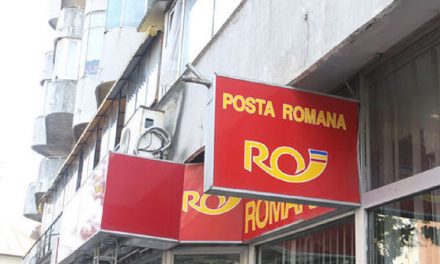
KPMG to advise on sale of stake in Romanian Post
The Romanian government has chosen a consortium of advisors including KPMG to advise on the privatisation of Romanian Post. After four days of evaluations, the Ministry of Communications and Information Society revealed on Friday that it had selected KPMG Romania and law firm Tuca Zbarcea and Associates to help draw up plans to sell a stake in the national postal operator.
The government said the KPMG consortium beat a bid from PriceWaterHouseCoopers to win the contract.
Romanian ministers are aiming to sell off at least a 20% stake in Romanian Post, as part of the country’s commitment to the International Monetary Fund in return for development aid.
The KPMG consortium will work through to the end of this year on planning and implementing the sale of the stake in Romanian Post, from attracting a strategic investor to agreeing milestones for the process.
Dan Nica, minister of communications, said the second stage of the privatization process will see a full period of training, meetings and negotiations.
He said: “We have decided to conclude the privatization process later this year. There are already investors, including international postal administrations, which have shown an interest in investing in Romanian Post.”
Romanian Post has a network of about 7,100 post offices and more than 32,000 employees, with 75% of the company owned directly by the Romanian State and 25% owned by a state-run investment fund.
The company, which handles about 11m mailpieces each week, was making profits during the second half of 2011 for the first time in three years, after a EUR 30m loss in 2010.
Belgium’s postal operator bpost is known to be among the international operators that has a possible interest in investing in Romanian Post, with Belgian prime minister Elio Di Rupo visiting Romania recently to discuss the issue.
Other postal operators in Austria, Germany, Italy, Sweden and the UK are also said to be interested in Romanian Post.
Romania is among 11 European Union members that must open their postal markets completely for private sector rivals to be free to compete against incumbent national postal operators.











